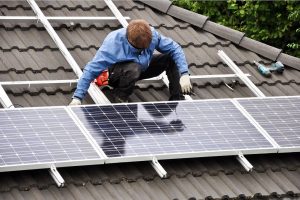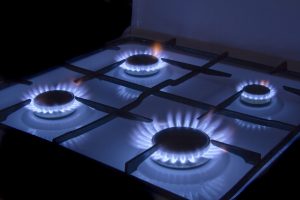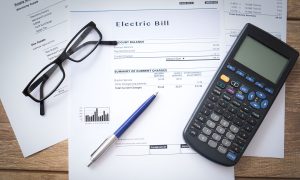Bright Future: How Solar Panels Can Cut Your Energy Bills
As energy costs continue to rise and environmental concerns become more pressing, many homeowners and businesses are turning to solar power as a viable solution. Solar panels, which convert sunlight into electricity, offer a sustainable and cost-effective alternative to traditional energy sources. By harnessing the power of the sun, solar panels can significantly reduce energy bills and provide long-term financial and environmental benefits.
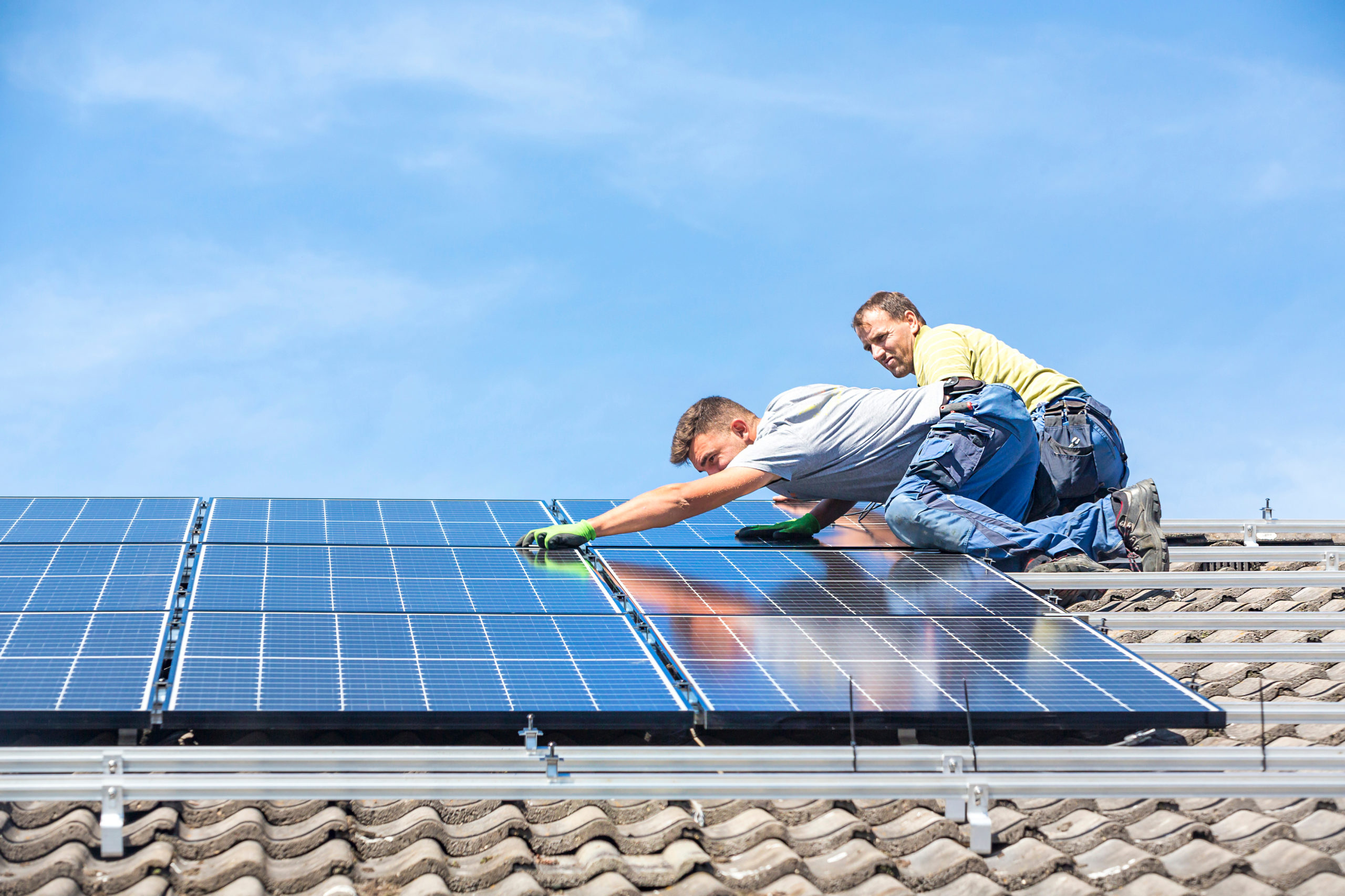
One of the primary advantages of solar panels is their ability to cut energy costs. Once installed, solar panels generate electricity at no additional cost, allowing users to reduce their reliance on grid electricity. This can lead to substantial savings on energy bills, especially in areas with high electricity rates. Moreover, many governments and local authorities offer incentives, such as tax credits and rebates, to encourage the adoption of solar energy, further reducing the initial investment and accelerating the return on investment.
Solar panels also offer a degree of energy independence that is particularly valuable in an era of fluctuating energy prices and supply disruptions. By generating their own electricity, homeowners and businesses can protect themselves against future price hikes and potential power outages. This self-sufficiency not only enhances energy security but also contributes to a more resilient energy infrastructure overall.
In addition to financial benefits, solar panels contribute to environmental sustainability. Solar power is a clean, renewable energy source that produces no greenhouse gas emissions or air pollutants. By switching to solar energy, users can significantly reduce their carbon footprint and contribute to the global effort to combat climate change. This environmentally friendly approach not only benefits the planet but also aligns with the growing consumer preference for sustainable practices, enhancing the reputation and marketability of businesses that adopt solar energy.
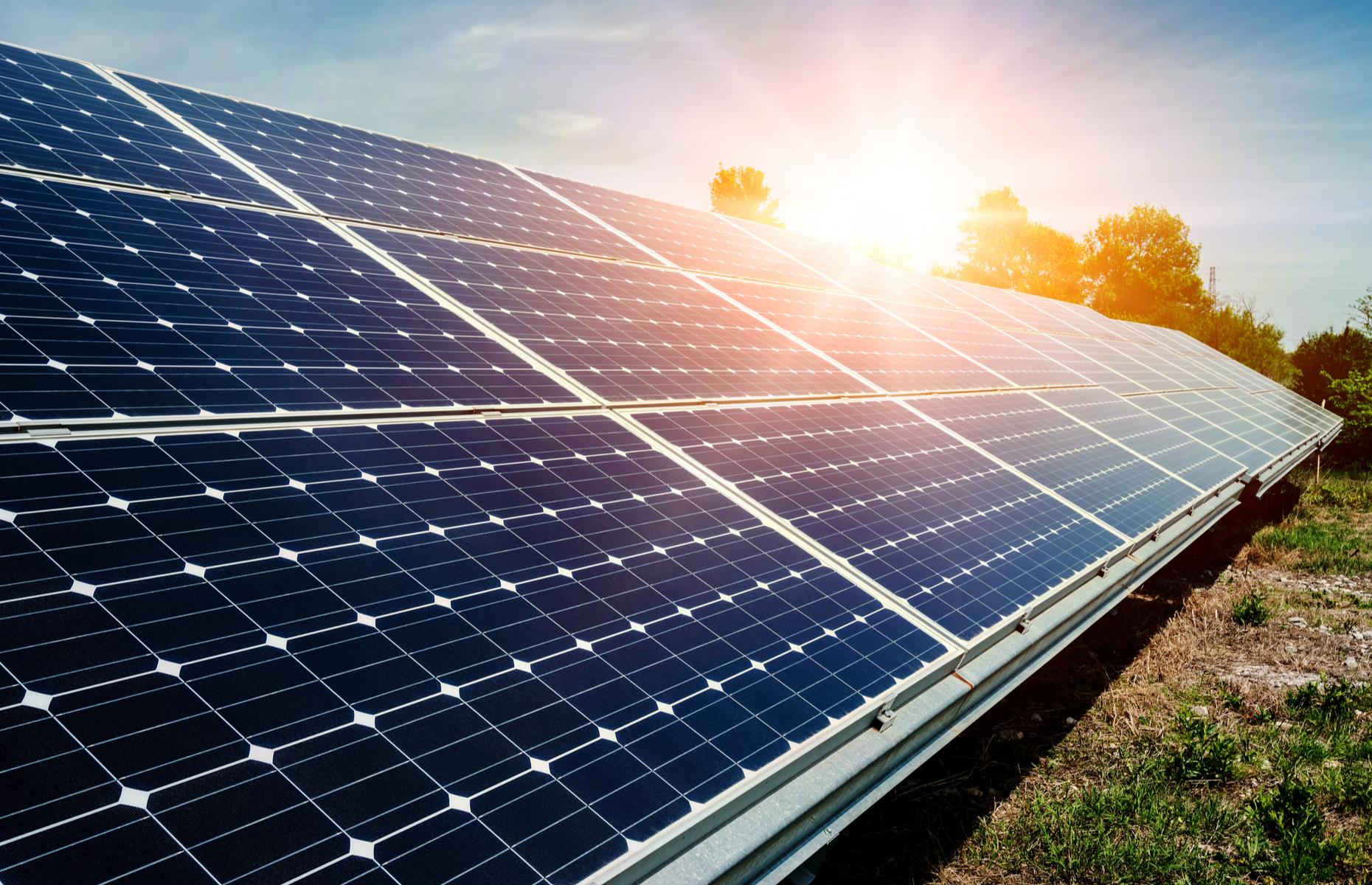
Furthermore, advancements in solar technology have made solar panels more efficient and affordable than ever before. Modern solar panels have higher energy conversion rates and longer lifespans, ensuring that users can maximize their energy savings over the long term. Installation processes have also become more streamlined, making it easier and faster to transition to solar power.
Conclusion
In conclusion, investing in solar panels is a smart choice for those looking to reduce energy bills, achieve energy independence, and support environmental sustainability. With the financial incentives available and the continued advancements in technology, solar power is not only a practical solution for today’s energy challenges but also a forward-thinking investment in a brighter, more sustainable future.

